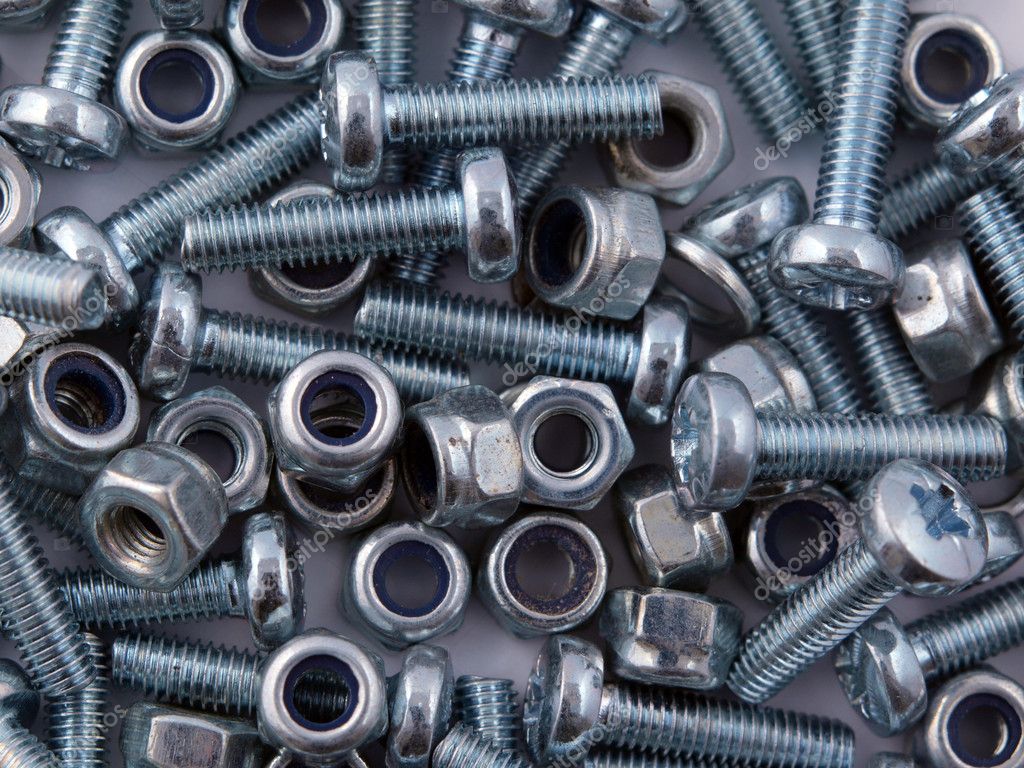In the sphere of home improvement tasks, nuts and bolts play a crucial role that often goes unnoticed but is critical to the stability of any creation. Whether you're building a new bookshelf, crafting home decor, or tackling a major construction endeavor, understanding the various kinds of nuts and bolts can greatly influence the outcome. This write-up provides an extensive overview to help you explore the numerous selections accessible, ensuring that you choose the appropriate fasteners that fit your particular criteria.
From hex bolts to carriage bolts, and standard nuts to unique varieties, the selection can be extensive. All kinds have specific applications and functional traits that make it suitable for different materials and situations. By examining the essentials of nuts and bolts, reviewing their applications, and looking into the different materials and finishes on offer, we aspire to arm you with the understanding needed to choose the ideal fasteners for your future do-it-yourself tasks. Thus, whether you're an experienced DIYer or a novice, get ready to enhance your skills and self-assurance in safely securing projects.
Types of Fasteners and Screws
While starting a DIY project, grasping the multiple types of nuts and bolts is crucial for picking the appropriate fasteners for the project. Screws are typically identified by their style and function, with popular types comprising hex bolts, carriage bolts, and lag bolts. Hex screws are favored for their versatility and durability, while carriage screws are suitable for uses requiring a smooth appearance and simple installation. Lag screws, on the contrary, are specifically designed for heavy-duty fastening in wood due to their large, coarse threads.
Nuts serve as the complement to screws, offering a tight fastening system. There are many types of fasteners, with hex fasteners being the most prevalent in combination with standard bolts. Other types include locking fasteners, which include a system that stops becoming loose due to shaking, and flange nuts, which have a built-in disc for enhanced load distribution. Choosing the right nut is important, as it needs to match both the bolt size and the mechanical demands of the project.
In supplement to common fasteners and screws, custom fasteners are provided for particular applications. For instance, nylon lock nuts offer added security by stopping shift, while expansion bolts are helpful in masonry work where increased holding capability is needed. Grasping these differences and their uses will improve your DIY efforts, ensuring that your projects are safe and durable.
Substances and Coatings
When selecting nuts and bolts for your project, the material is essential for ensuring durability and appropriateness for your particular needs. https://pichestan.com/ is the most widely used material utilized, known for its durability and adaptability. It comes in different grades, which differ in load-bearing capacity and resistance to corrosion. Stainless steel, on the other hand, offers superb resistance to rust and corrosion, making it perfect for external applications and environments where moisture is a factor. Other materials like brass and titanium are also options, each providing unique benefits: brass is often employed for its aesthetic appeal and protection to oxidation, while aluminum is favored in specific uses due to its lightweight and remarkably high weight-to-strength ratio.
Finishes also play a significant role in the performance of nuts and screws. Different coatings can enhance resistance to rust, which is vital for fasteners exposed to the elements. Zinc plating is a popular option, providing a protective layer that stops oxidation and deterioration. Galvanized coating, which includes a thicker layer of zinc, offers even enhanced protection for industrial applications. Additionally, specialty coatings such as dark oxide and ceramic can enhance both appearance and resistance against degradation. Knowing these coatings can help you choose the right fastener for your setting and the durability of your project.
Finally, it is critical to consider how the selected materials and coatings affect with each other. For instance, using different metals can sometimes lead to electrochemical corrosion, especially in external settings. Therefore, making sure cohesion between nuts, bolts, and the materials they will be attached to is crucial. This knowledge will not only improve the performance of your fasteners but also guarantee the effectiveness and security of your do-it-yourself endeavors.

Comparison Guides and Comparative Analysis
As you choosing fasteners for a project, it is essential to comprehend the differences among metric and standard fasteners. Metric fasteners, which are gauged in millimeters, give greater precision but may not always be compatible with tools made for imperial measurements, that are based on inches. Knowing what system your project requires can save you time and frustration. Always check the specifications of the materials you are working with to ensure a perfect fit.
Measuring nuts and bolts correctly is vital to ensure that you purchase the right size. Use calipers for precision and consult sizing charts that correspond to threading standards. Standard measurements include diameter, length, and thread pitch, which can greatly affect the functionality of the fasteners in the project. Taking these measurements accurately can help avoid costly mistakes and ensure that your assembly holds firm.
As you are searching for quality fasteners, consider durability, material, and coating. High-grade steel, stainless steel, and corrosion-resistant coatings like zinc-coating or galvanized finishes can significantly extend the life of your nuts and bolts, especially in harsh environments. Always look for reputable manufacturers and check out reviews to gauge the reliability of the fasteners you intend to purchase. A well-informed choice will enhance the security and longevity of the DIY projects.
